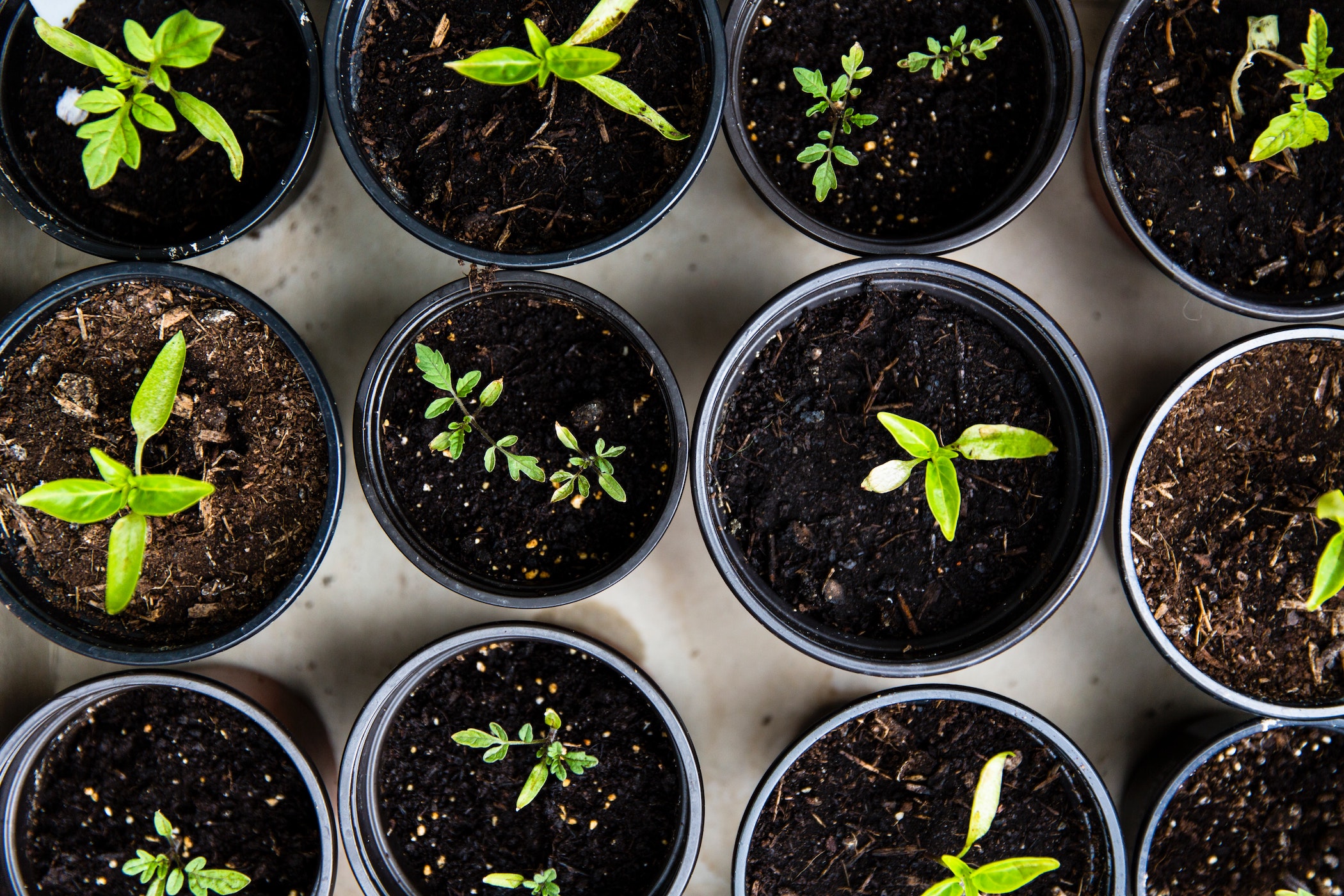Let your garden can thrive this season without hurting our Mother Earth. Check out how conventional fertilizers hurt our environment and what you can do to save it.

Getting ready for spring means it’s a busy gardening time.
After a long cold winter, many gardeners are ready to arrange plants, take out some weeds, put mulch, among other tasks to do this spring which you can find more spring gardening tips here.
They are also getting ready to apply fertilizers as a source of nutrients during the growing season. If you planted vegetables and herbs last year, those took a lot of nutrients from your soil and the soil may need more fertilizer this time.
Because most soils lack essential nutrients for plant growth, plants need to be fertilized. Even if the soil is naturally full of nutrients, it becomes less fertile as more plants grow on it over time. By fertilizing your garden, you get a second chance to increase the nutrients your plants require and be able to flourish in time for picking.
Organic and synthetic fertilizers are the two most common types of fertilizers and will help make the soil more fertile and friendly for plant growth. Most synthetic fertilizers contain these three macronutrients: nitrate, phosphorus, and potassium. These nutrients let plants grow quickly. Nevertheless, these conceal hidden dangers if not applied well.
What are the environmental issues of synthetic fertilizers?
Synthetic fertilizers can stimulate and improve your soil's fertility quickly but can do little to improve the texture of your soil. Because synthetic fertilizers promote fast growth at the expense of healthy plants, food crops produced using chemical fertilizers are likely to have a lower nutritional value than they should be.
Typical fertilizers provide little nourishment for plants, but they might be lacking calcium, zinc, and iron, which are also equally as important for the health and well-being of plants. If there are too many synthetic fertilizers in the soil, there can be dire environmental consequences.
1. Suffocating weed growth and algae blooms
Runoff from synthetic fertilizers grows aquatic plants in a body of water. Even small amounts of a nutrient can increase the growth of aquatic plants that can take all the oxygen in the water, suffocating fish and other aquatic life.
2. High levels of nitrates
Humans and livestock can be adversely affected by high levels of nitrates. Nitrates don't absorb well into soil, so they migrate to groundwater and end up in plants and greens. Nitrate poisoning causes oxygen deprivation in the circulatory system and can harm all humans and animals.
3. Excessive air pollution
Gas emissions from excessive amounts of fertilizers lead to an increased amount of air pollution, contributing to greenhouse gases. The runoff of ammonia from fertilized land can damage ecosystems and vegetation and produce acid rain.
How do synthetic fertilizers affect humans?
Scientists have known for a long time that chemical fertilizers can increase many health risks for humans and livestock. Research by the University of Wisconsin found that traditional chemical fertilizers and pesticides can compromise the nervous, endocrine, and immune systems.
Nitrate poisoning causes methemoglobinemia or the blue-baby syndrome in both humans and animals. Baby formula containing nitrates could cause a baby to turn blue, resulting in coma or death. Researchers believe this form of toxicity results from contaminated well water.
Using organic fertilizers in the spring
Starting with good soil is the best way to grow healthy plants. It is best to feed your plants organic fertilizers and compost to ensure the long-term health of your garden.
Organic fertilizers are typically applied in granular form and slowly dissolve into the soil. This means that you don’t have to apply them as often as you use synthetic fertilizers. These natural fertilizers don’t leach into waterways and pollute the water as do many synthetic fertilizers.
Plus, you don’t need to apply as often. This will result in soil rich in organic matter and healthy nutrients not just for your plants but for the environment and your family.
If you’re looking for the best way to feed your plants without relying on soil, foliar feeding can help your plants the best. The leaf surface absorbs nutrients eight to twenty times more efficiently than its roots.
Because of this, it is beneficial to spray plants with liquid nutrients at critical growth times such as transplanting, blooming and just after fruit growth. Moreover, foliar feeding reduces nitrogen losses from fertilizers to nearby waterways and other bodies of water and limits gas emissions. they are often still economical for small gardens.
Pro Organic offers foliar sprays, organic lawn fertilizer, tree fertilizer and many more for all your gardening needs. Pro Organic’s organic fertilizers are made with castor meal, rice bran, and natural minerals that can improve your soil quality and are made for all soil types.
With this knowledge, your garden can thrive this season. You may find that organic fertilizer has longer-term benefits than synthetic fertilizers.
